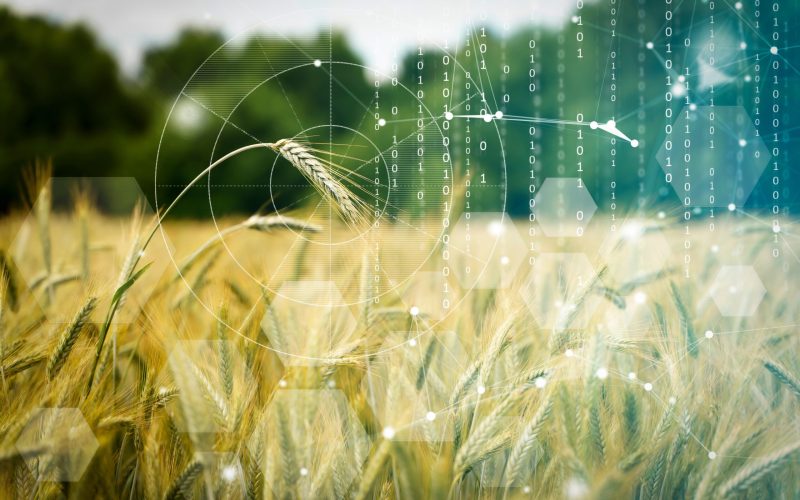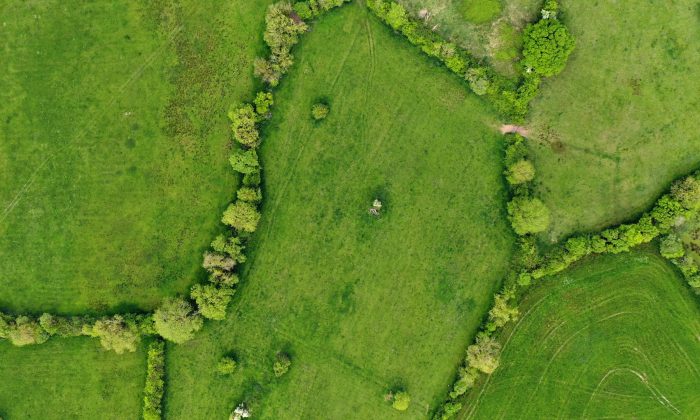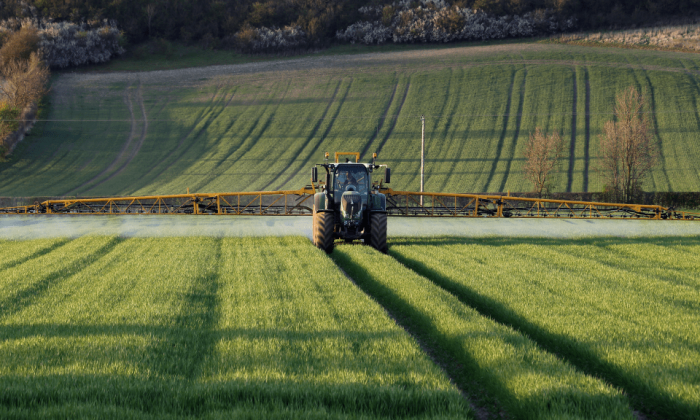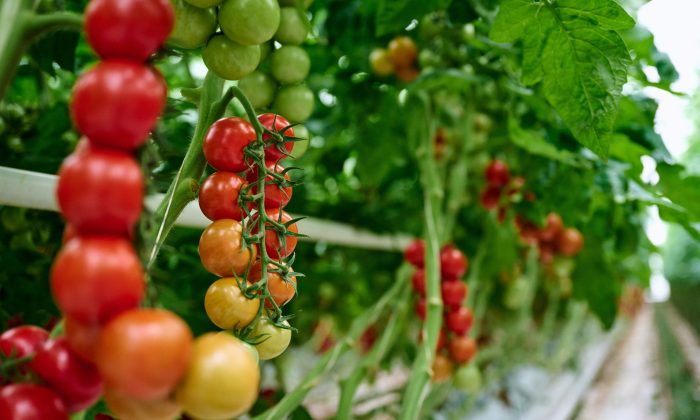The AgriSynth project represents an innovative approach within the agricultural sector, using synthetic images for machine learning to change how agricultural AI solutions are developed. Focusing on the generation of high-quality, synthetic image datasets specifically tailored for training AI models in various agricultural applications, mainly blackgrass in wheat.
Its uniqueness lies in addressing the challenge of data scarcity and quality. An important step in developing robust AI models capable of enhancing crop management, disease detection, and yield prediction.
Using synthetic images for machine learning, the AgriSynth system can create detailed and diverse datasets that mimic real agricultural environments and scenarios. This method is significantly different from traditional data collection techniques (which often involve extensive fieldwork to gather images under varying conditions).
Synthetic datasets not only provide a scalable solution to the data acquisition bottleneck, but also ensure AI models can be trained on data that covers a wide range of conditions, including rare events or diseases that might not be easily captured through conventional means.
Another significant advantage is that synthetic images come with pixel-perfect, precise annotations or labelling data for every object in each image, ensuring that machine learning algorithms can effectively learn to identify objects. Achieving such accurate labelling is a challenge for humans, which is why there are few robust labelled datasets available from real-world scenarios.
Key outcomes of the AgriSynth project:
Its ability to bridge the gap between the need for data and the practical limitations of collecting data from the field and labelling it. The system will be used to generate images covering a vast array of agricultural scenarios, from different crop types to various stages of growth, to disease progression.
The AgriSynth project is gearing towards AI models which are well-equipped to handle real-world variability. This gives the project scope for further development, and prepares the models for deployment in diverse agricultural settings.
The AgriSynth project also has the capacity to widen access to high-quality training data. The traditional barriers to entry for developing agricultural AI solutions, such as the high costs and logistical challenges of data collection, are significantly reduced with the adoption of synthetic datasets. This opens up opportunities for startups and research institutions with limited resources to innovate and develop AI-driven solutions for agriculture.
The role of synthetic images for machine learning in this context is not just about data generation; it’s about creating a new paradigm for AI development in agriculture. This approach allows for improvement of models in a controlled environment before the tech is used in a real word setting. It also supports the fine-tuning of AI systems to specific conditions or challenges faced by farmers in different regions, increasing the adaptability and impact of AI solutions on global agriculture.
The 18–Month Innovate UK SMART Project is led by AgriSynth UK, in collaboration with Real-Time Tech and Crop Health and Protection (Now part of UK Agri-Tech Centre).
As part of the consortium, innovation sector lead Dr Richard Glass said:
The AgriSynth project is very much about tackling challenges such as blackgrass in wheat, but it is also about future-proofing and accelerating innovation in agri-tech.
UK Agri-Tech Centre aims to strengthen connections between science, business and funders to accelerate R&D that overcomes the agri-industry’s most critical challenges including sustainable crop management and food security for the future.
Paving the way for more sustainable farming practises, the project enables more accurate and efficient AI models, and contributes to optimising resources, reducing the need for pesticides through early disease detection, and potentially maximising yield with precision agriculture techniques.
In turn, this supports broader sustainability goals within the agricultural sector, aligning with global efforts to combat climate change and ensure food security.



